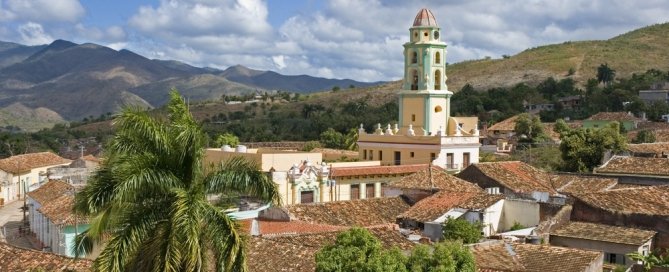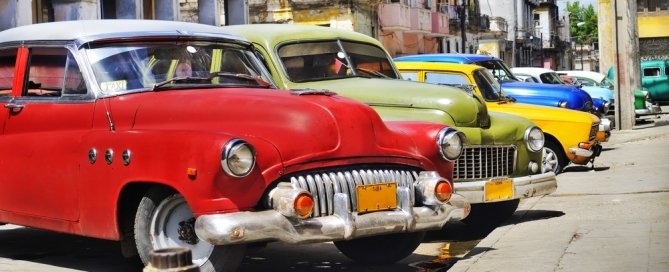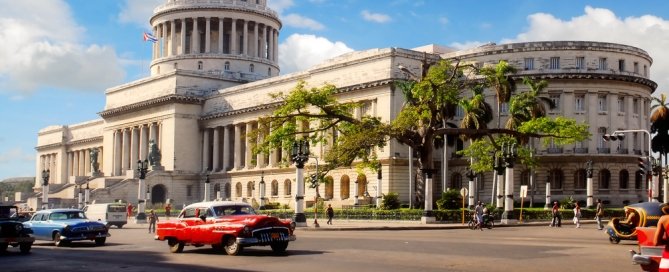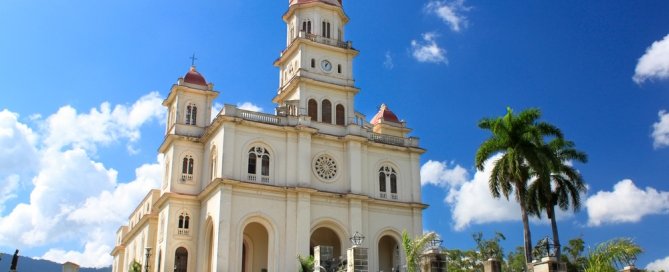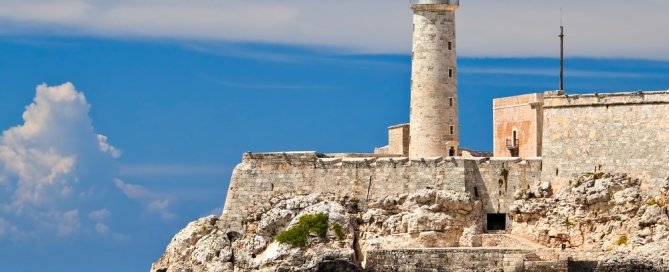Guide to Cuba
Quick Facts
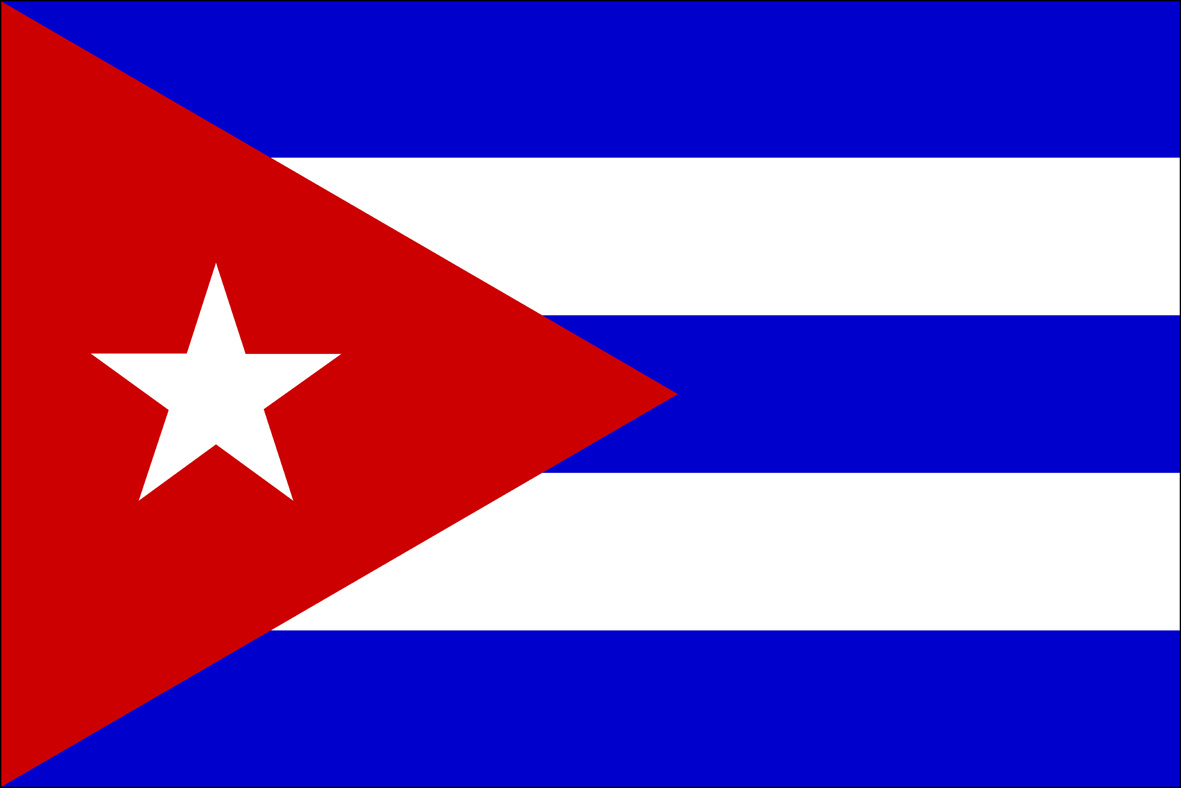
Population: 11 million
Major Language: Spanish
Currency: Cuban Peso and CUC
Calling Code: +53
Cuba, “the key to the Gulf of Mexico,” is the largest of the Antillean islands. Only 90 miles south of the Florida Keys, its geographic position has significantly shaped its history. Spain cherished Cuba’s location as the point of intersection of the New World’s sea-lanes, and the Dutch, French and British were equally attracted to this archipelago whose control seemed vital for the control of colonial America. Cuba’s relations with the United States, however, have arguably defined Cuba’s place in the world most significantly.
The neighboring island became a valuable maritime passage once the Americans acquired Louisiana and Florida, and the United States became Cuba’s greatest commercial partner as the main market for Cuban exports and main source of foreign investment. These deep economic and political ties to the United States were severed once Fidel Castro took control of the state in 1959, establishing a Communist government soon after. Having set the ground for a close partnership with the Soviet Union, Fidel Castro would become a protagonist in the most critical point of the Cold War- The Cuban Missiles Crisis. Today, the world watches expectantly as Cuba’s political and economic landscape transforms in a government attempt to revamp national economic performance without affecting the socialist system.
Capital City: Havana is the unquestionable center of Cuba’s economy, politics and culture. Enter and you will find the second largest city of the Caribbean with a dynamic population of over two million inhabitants, an exquisite fusion of diverse architectural influences and world-renowned universities.
In Havana, the past and the present coexist in contradicting harmony. Luxury hotels rise along colonial fortresses and a booming black market dominates streets paved by socialist propaganda. In Havana you can ride a Chevrolet from the 1950s and participate in the latest biotechnology research. Residents of Havana enjoy social privileges such as free education and health care, yet they face severe travel restrictions. Along the coast, the broad esplanade known as El Malecon beats as the heart of the city, welcoming Cubans to a night of sea breeze and romantic strolls. This is the same esplanade that bids farewell to those who board their rafts in search for a better future.
Government: The Cuban Government exercises executive power, and is represented by the Council of State and the Council of Ministers. In 2008, Fidel Castro was succeeded by his brother, Raul, as President, Chief of State, Head of Government, Prime Minister, First Secretary of the Communist Party of Cuba, and Commander in Chief of the armed forces.
Culture: Cuba’s rich intellectual and popular culture reflects the island’s historical ties to Spain and Africa, as well as the particular socialist system implemented over fifty years ago. The influence of slaves brought from Africa during the colonial period persists in modern Cuba through santeria, a popular religion, as well as music styles such as rumba, mambo and guaguanco. Cuban classical music has also won international acclaim, but Cubans are perhaps best known for their virtuosity in their distinct version of salsa, timba.
The wide literacy campaign undertaken by the revolutionary government in the 1960s is partly responsible for Cuba’s outstanding literary productions. Despite tight control over expression, the work of writers such as Reinaldo Arenas and Jose Lezama Lima has flourished, earning international recognition. High achievement in sports was another priority of the revolutionary government, and today Cubans take much pride in their athletic performance.
Cuban Media
 |
|
Study in Cuba
 |
Coming Soon |


